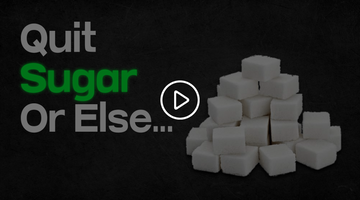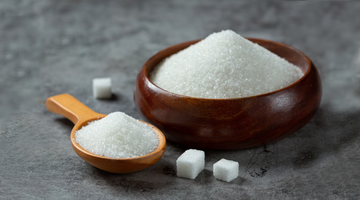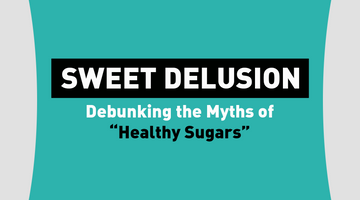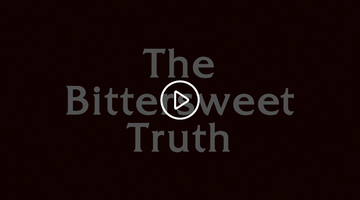About the speaker:
Dr. Robert Lustig – BSc (MIT), MD (Cornell) & Master of Studies in Law (University of California)
Professor of Pediatric Endocrinology at the University of California, San Francisco.
Director of the University of California, San Francisco’s WATCH program (Weight Assessment for Teen and Child Health)
Leading public health authority on the impact sugar has on fueling the diabetes, obesity, and metabolic syndrome epidemics, and on addressing changes in the food environment to reverse these chronic diseases.
About the anchor:
Dr. Rupy Aujla, an NHS medical doctor; Had a severe heart condition, which changed his approach to food.
Trained at Imperial College London, he is the leading voice on how nutrition can beat disease and improve health.
Summary:
This podcast covers why excess sugar is so bad for our health, what the benefits of cutting our sugar intake are, why there is nothing wrong with fruit, the differences between sugars, and of course why a calorie is not necessarily a calorie.Key takeaways:
Eating too much sugar: On average a person consumes much more sugar than the prescribed limit worldwide.Signs of sugar addiction: People with sugar addiction are impulsive, angry, feel tired all the time, & tend to gain weight, especially around their waist. In children, violent behaviour, lack of focus, and depression are the symptoms.
Our body doesn’t need any added Sugar: All our organs need energy, which is derived from glucose. We don’t need to consume added sugar as our body can make glucose from fat & protein for that energy (the process is called Gluconeogenesis).
Fructose is a mitochondrial toxin: Fructose inhibits enzymes necessary for mitochondria (the powerhouses of our cells) to produce energy.
Sugar inhibits growth: Dr. Erfat Mazzone at Hebrew University, Jerusalem has proven this through his study.
Fibre- why is it important: Fibre gives you the feeling of fullness, keeps your insulin levels down, acts as a food for the gut microbes, and prevents colon cancer.
Overloading the liver: Fructose overload in the liver leads to fat deposition around it. This fat either goes into the blood as bad cholesterol or leads to non-alcoholic fatty liver disease and ultimately to diabetes. Overwhelming of mitochondria in the liver also leads to insulin resistance, cardiovascular diseases & Alzheimer’s.
NAFLD, a pandemic: 20% of 5-year-olds, and 45% of the adult American population have non-alcoholic fatty liver disease.
What do people experience when they omit sugar from their diet for 30 days: An experiment on obese children with at least one co-morbidity proved that the theory of calories in calories out doesn’t hold true. Quality of food is what matters not the quantity of food.
We need a sugar control policy: Countries regulate any substance that is addictive & toxic like alcohol, tobacco, and opioids(drugs), but for sugar we have nothing. Every country in the world has alcohol control policies. It’s high time our policymakers should ponder & act!





